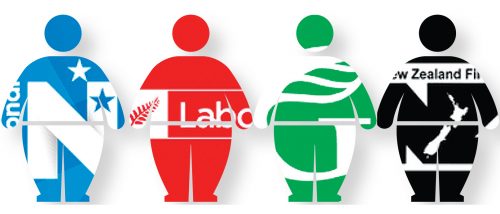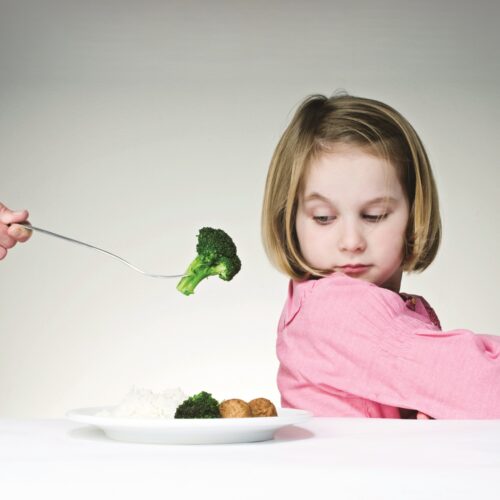
Three years ago, I wrote a story for Healthy Food Guide about the upcoming election. I went through the issues facing New Zealand around health, nutrition and, in particular, obesity, and outlined the various parties’ positions on them. I also encouraged Kiwis to think about these issues and consider them when they cast their votes.
It would be easy to run the same feature again as, sadly, not a lot about the health landscape has changed since 2014.
We still don’t have policies on healthy food in schools, a sugary drinks tax, or a commitment to teaching cooking in schools. We still have GST on fruit and vegetables, and we still have shockingly bad obesity and diabetes statistics.
In fact, one of the few things that has changed in the past three years is that those statistics have got worse. New Zealand is ‘winning’ the race to become the second-most obese nation in the OECD pretty soon.
In the face of that, why are we not all talking about obesity as an election issue? When you consider that so many things – our economic growth, our healthcare expenditure, our life expectancies, our kids’ futures – are linked with how well we are, we should be discussing it.
How well we are is not just a function of how much we know about how to make healthy choices, but also of how easy or difficult it is to make healthy choices in the environment in which we live.
People get fat and sick when they don’t have a great range of healthy options available to them, and when they don’t have the tools to make those healthy choices. And both of those things are affected by action at both community and government levels.
Actions such as the excellent initiative by the pupils at Rhode Street School in Hamilton, who approached local dairies near the school and asked them to commit to not sell lollies and sugary drinks to kids in uniform. Alongside that, it means enforceable policy around what can and can’t be advertised to kids; a tax on sugary drinks so they become less affordable and less acceptable; and policy that only healthy food can be sold in schools.
Since the last election, the appetite for policies like these has grown among consumers and, to a degree, with politicians. Most of the opposition parties are now in favour of (or at least open to) a sugary drinks tax, for example.
The National Party remains opposed and does not propose any new initiatives on obesity in its published health policy.
It is encouraging to see some meaningful policy promises in the other parties’ published materials. Labour says it will provide a clear time frame for industry to reduce sugar content in all processed food, roll out the Project Energize programme nationally, and introduce a childhood obesity reduction target.
NZ First says it will ‘review [the] accessibility of affordable healthy foods, with the aim of ensuring all families can afford to eat nutrition-rich meals’.
The Greens support a sugary drinks tax and have a Diabetes Action Plan, which includes education and legislation initiatives.
At the time of writing, ACT and United Future hadn’t published health policies. The Opportunities Party hadn’t either, but spokesperson Geoff Simmons is on record saying the party supports a sugary drinks tax.
It seems unlikely that diabesity will be much talked about by politicians this election cycle. But that doesn’t mean we can’t talk about it. I encourage you to think about this when you’re deciding how to vote.
It’s a long-term issue that will outlast any government. We owe it to our kids to think long term about it.
www.healthyfood.com
















